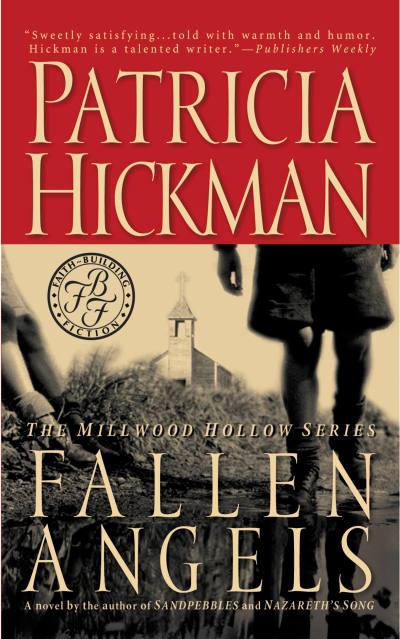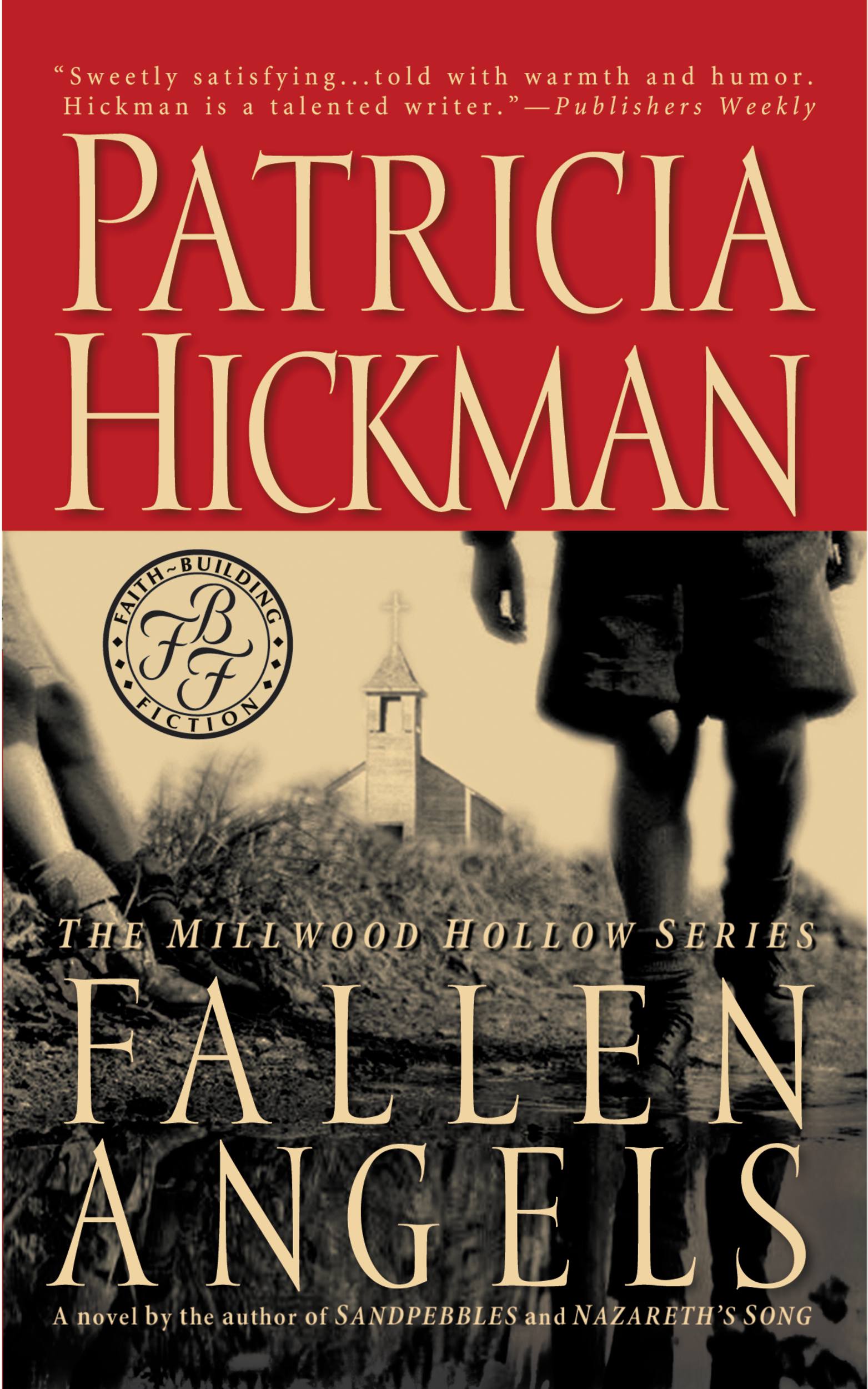Promotion
Use code MOM24 for 20% off site wide + free shipping over $45
Fallen Angels
Contributors
By Patricia Hickman
Formats and Prices
Price
$8.99Price
$11.99 CADFormat
Format:
ebook $8.99 $11.99 CADThis item is a preorder. Your payment method will be charged immediately, and the product is expected to ship on or around December 14, 2008. This date is subject to change due to shipping delays beyond our control.
Also available from:
Genre:
- On Sale
- Dec 14, 2008
- Page Count
- 320 pages
- Publisher
- FaithWords
- ISBN-13
- 9780446554824
Newsletter Signup
By clicking ‘Sign Up,’ I acknowledge that I have read and agree to Hachette Book Group’s Privacy Policy and Terms of Use







